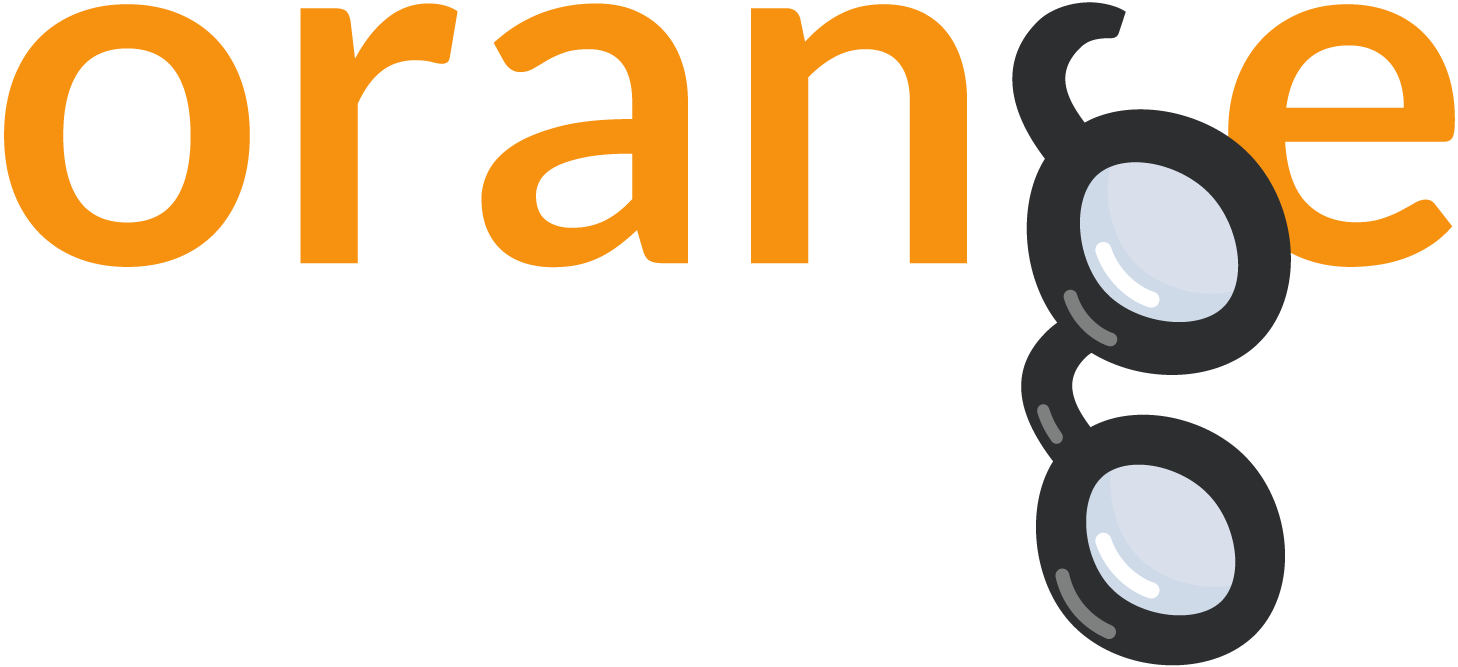Widgets
- Corpus
- Import Documents
- Create Corpus
- The Guardian
- NY Times
- Pubmed
- Twitter
- Wikipedia
- Preprocess Text
- Corpus to Network
- Bag of Words
- Document Embedding
- Similarity Hashing
- Sentiment Analysis
- Tweet Profiler
- Topic Modelling
- LDAvis
- Corpus Viewer
- Score Documents
- Word Cloud
- Concordance
- Document Map
- Word Enrichment
- Duplicate Detection
- Word List
- Extract Keywords
- Annotated Corpus Map
- Ontology
- Semantic Viewer
- Collocations
- Statistics
Gene Sets
Lists of genes associated with specific biological function.
Inputs
- Data: Data set.
- Custom Gene Sets: Genes to compare.
Outputs
- Data: Instances with gene metadata within the selected gene sets.
- Gene Sets: Selected gene sets for utilization in other widgets (e.g., Single Sample Scoring).
Gene sets are lists of genes associated with a specific biological function. The Gene Sets widget allows you to select gene sets from multiple databases, including the MSigDB, Gene Ontology, KEGG, and Reactome databases, or to create your own custom gene sets. You can also select gene sets and feed it to other widgets.
Data is preprocessed in Orange readable format and it is hosted here.

- Select the Organism.
- Gene Sets: A list of available gene sets. Select multiple gene sets by ticking the checkbox next to the gene set name. If custom gene sets were uploaded, they will appear here.
- If Commit Automatically is ticked, results will be automatically sent to the output. Alternatively, press Commit.
- Filter the results by limiting the number of mapped genes and searching for specific gene sets.
Example
To create a custom gene set, we start by importing an Excel table that includes 284 human homologs of DNA “damage-up” proteins (DDPs) identified in E.coli. These DDPs are categorized into three gene sets: All DDPs, DDPs with known cancer drivers excluded, and validated DDPs recognized as genuine DNA damage instigators in human cells (Xia et al.). We accomplish this by utilizing the File widget. Next, we pass this data to the Genes widget for gene annotation, and then to the Gene Sets widget for custom gene set creation. Within the Gene Sets widget, we can select our file from the drop-down menu in the Custom Gene Sets section to generate the desired gene set. This workflow can be accessed here.

Next, we load the GDS3592 data set from the GEO Data Sets widget. This is a comparison of gene expressions in 12 normal ovarian surface epithelia and 12 ovarian cancer epithelial cells. To annotate the genes, we utilize the Genes widget. Once the genes are annotated, we connect both the Genes and Gene Sets (with our custom gene set selected) widgets to the Single Sample Scoring widget. Finally, we use Data Table widget to observe the enrichment scores associated with the selected gene sets.

